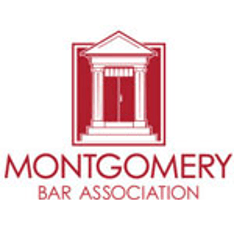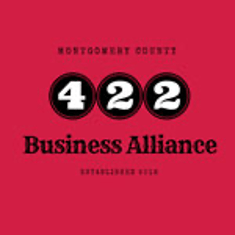Reported decisions regarding The Pennsylvania Contractor and Subcontractor Payment Act 73 P.S. §501, et seq. (“CASPA”) are rare. CASPA is a means to ensure that contractors and/or subcontractors who make improvements to real property are paid in a timely manner, whether under the terms of a contract or under statute. CASPA allows for interest, penalties, attorneys’ fees and expenses.
In the recent case, Scungio Borst & Associates v. 410 Shur Lane Developers, LLC and Kenworth II, LLC and Robert DeBolt, 2016 WL 5416326, September 28, 2016 (“ SBA v. 410 Shur Lane” ), the Pennsylvania Supreme Court looked at who is liable for payment on a contract between a contractor and a property owner.
In SBA v. 410 Shur Lane , Robert DeBolt (“DeBolt”), was President and part owner of 410 Shur Lane Developers, LLC (“410 SLD”). As an agent of 410 SLD, he executed written and oral construction contracts on their behalf with Scungio Borst & Associates (“SBA”). When the contract was terminated, SBA was owed $1.5 million. DeBolt refused to pay on behalf of 410 SLD, so SBA, sued 410 SLD, Kenworth, and DeBolt personally as 410 SLD’s agent under CASPA.
CASPA provides that contractors and subcontractors are entitled to payment from the party with whom they contracted. Later, CASPA specifies that the owner of the property must pay the contractor according to the terms of the contract. Things get muddled by CASPA’s definition of “owner” however, which includes “successors in interest of the owner and agents (emphasis added) of the owner acting with their authority.” 73 P.S. §502, section 2.
CASPA was enacted to help quickly resolve payment disputes that had previously been slow to resolve under common law. CASPA was not intended to impose liability on non-contracting parties where no liability had previously existed. The long-standing tenants of the common law of agency do not hold agents liable on its principal’s contract without the express agreement of the agent. Contracts are enforced between the parties to the contract. When CASPA was enacted, the legislature did not make any statement indicating it intended to change this. There was not even any discussion or debate on the issue. The Court, in its analysis, presumed that the legislature did not intend to change that, and held that, “a contractor may not maintain action under CASPA against a property owner’s agents.” Scungio Borst & Associates v. 410 Shur Lane Developers, LLC and Kenworth II, LLC and Robert DeBolt, 2016 WL 5416326, September 28, 2016.
The Fleischmann Law Firm, P.C. serves clients throughout Pennsylvania including Skippack and Montgomery County. If you need an attorney for your business or estate planning/administration needs, contact The Fleischmann Law Firm, P.C. today.
Request consultation
We will get back to you as soon as possible.
Please try again later.
Request consultation
© 2021 The Fleischmann Law Firm, P.C. All Rights Reserved.






